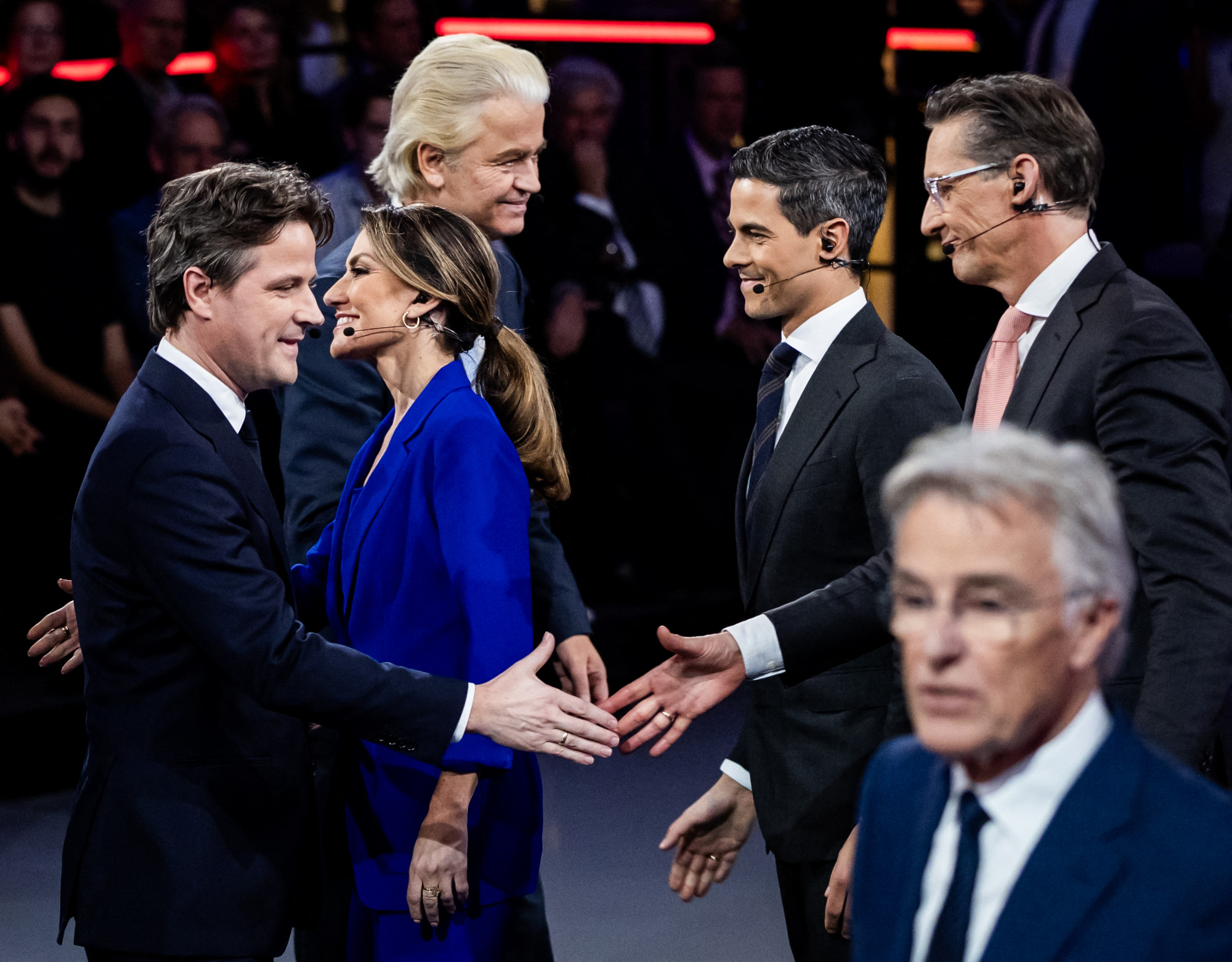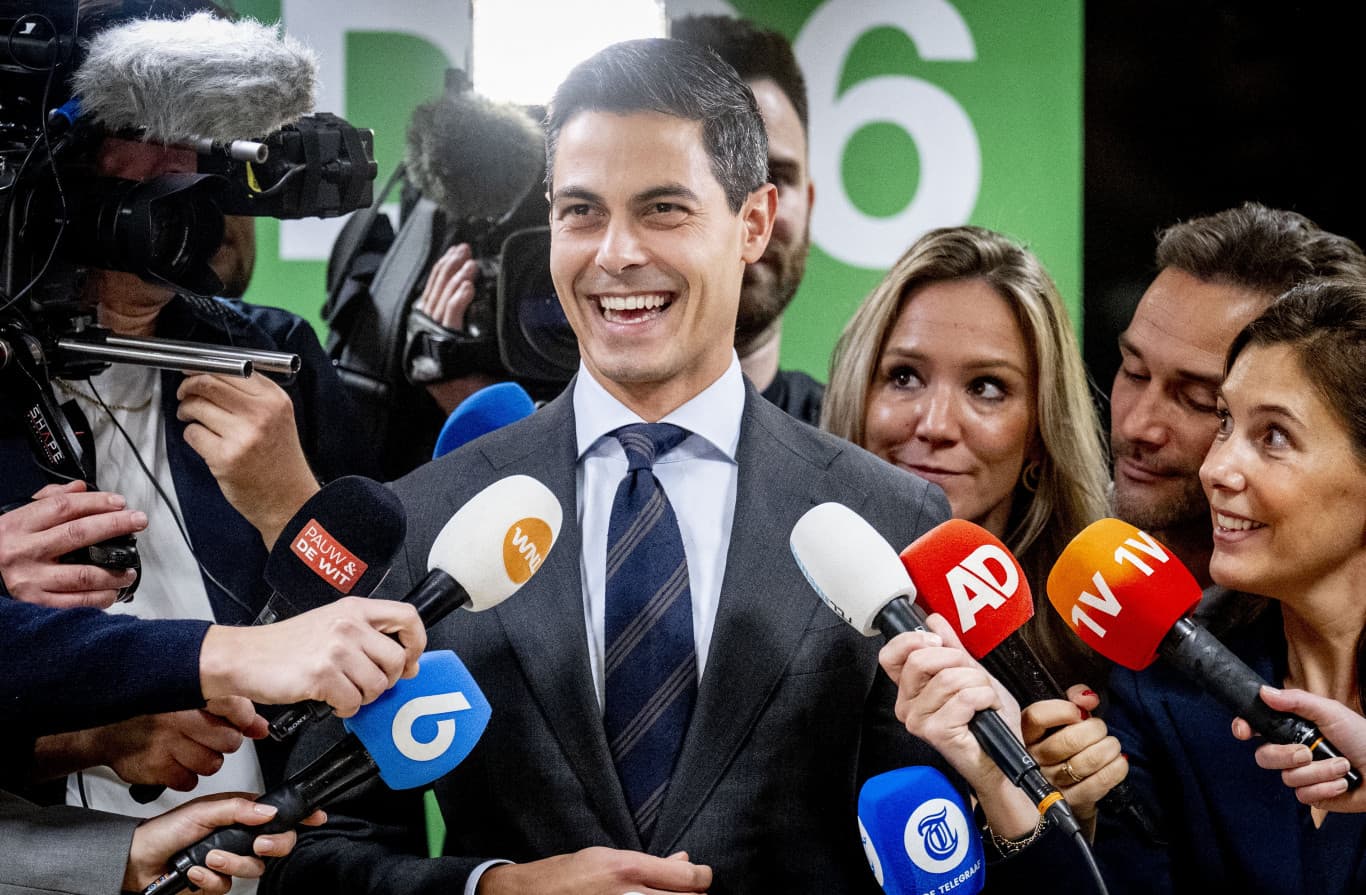Since the Hungarian Prime Minister has been more preoccupied with his world power ambitions than with the boring tasks of domestic politics, we have become accustomed to the fact that every foreign election is actually about Viktor Orbán: Viktor Orbán's friend won the Czech elections, Orbán's ally won the Polish presidential election, and so on. Even the talking heads with megaphones become foreign policy analysts, and they try to make us believe that at least the fate of the homeland depends on what happens in, say, the Spanish elections. Well, we didn't see this before the current Dutch elections, although Orbán is really on friendly terms with Geert Wilders, but there was almost no chance that Wilders' party, the PVV, would be in government again, and it is difficult to occupy Brussels from the opposition.
Can they at least steer?
If that's enough for you from the Dutch elections, you can stop here, but the world is more than these two dimensions. Because it's not just the Hungarian government press that sees the world this way, the international press also reports on the elections of European countries through the same lens as the Hungarian government press. far right . In fact, the renowned Dutch political scientist Cas Mudde, before the elections wrote about it , the far-right has practically taken the Dutch media hostage, where Wilders is the most grateful subject, while his party's anti-immigration views have been practically normalized by the others, and - as we can see in other countries - mainstream parties are increasingly adopting elements from them.


